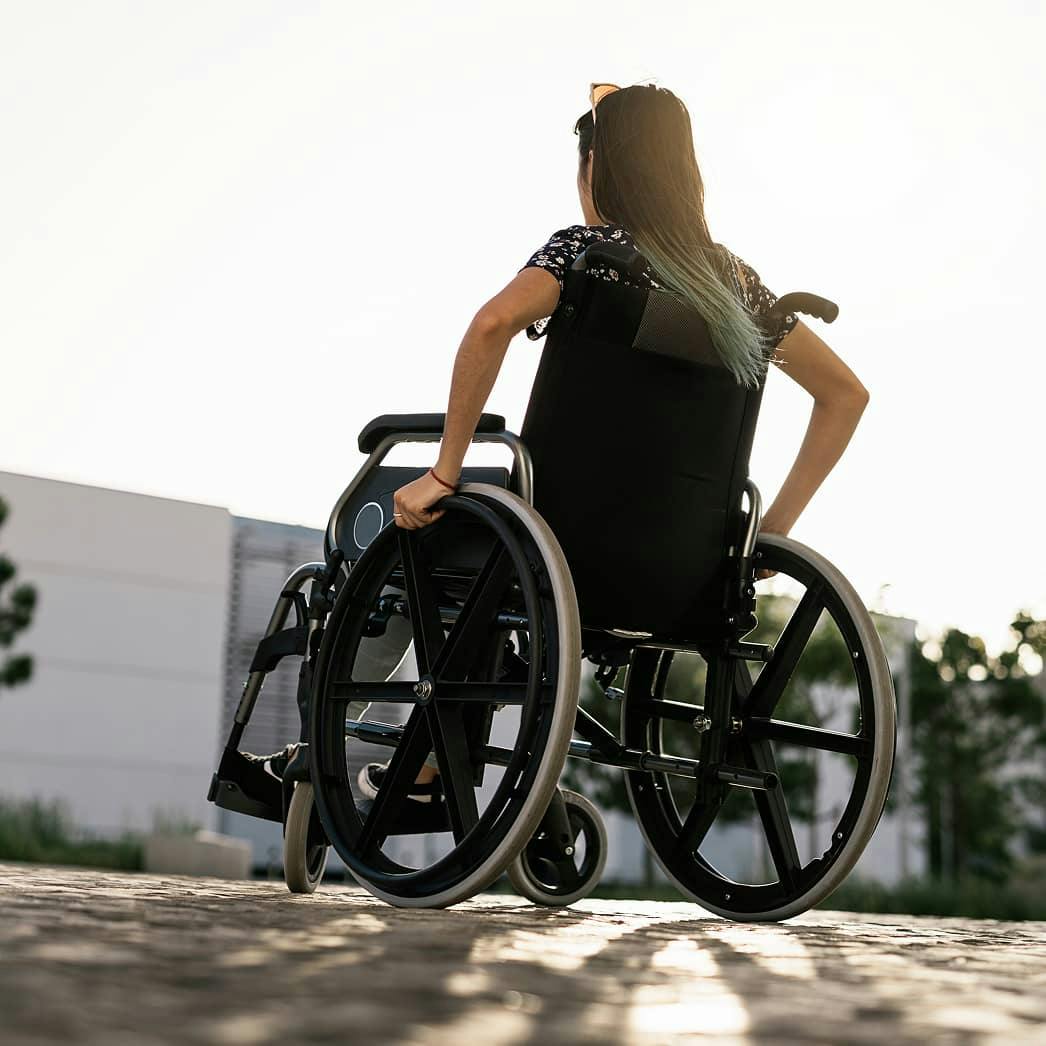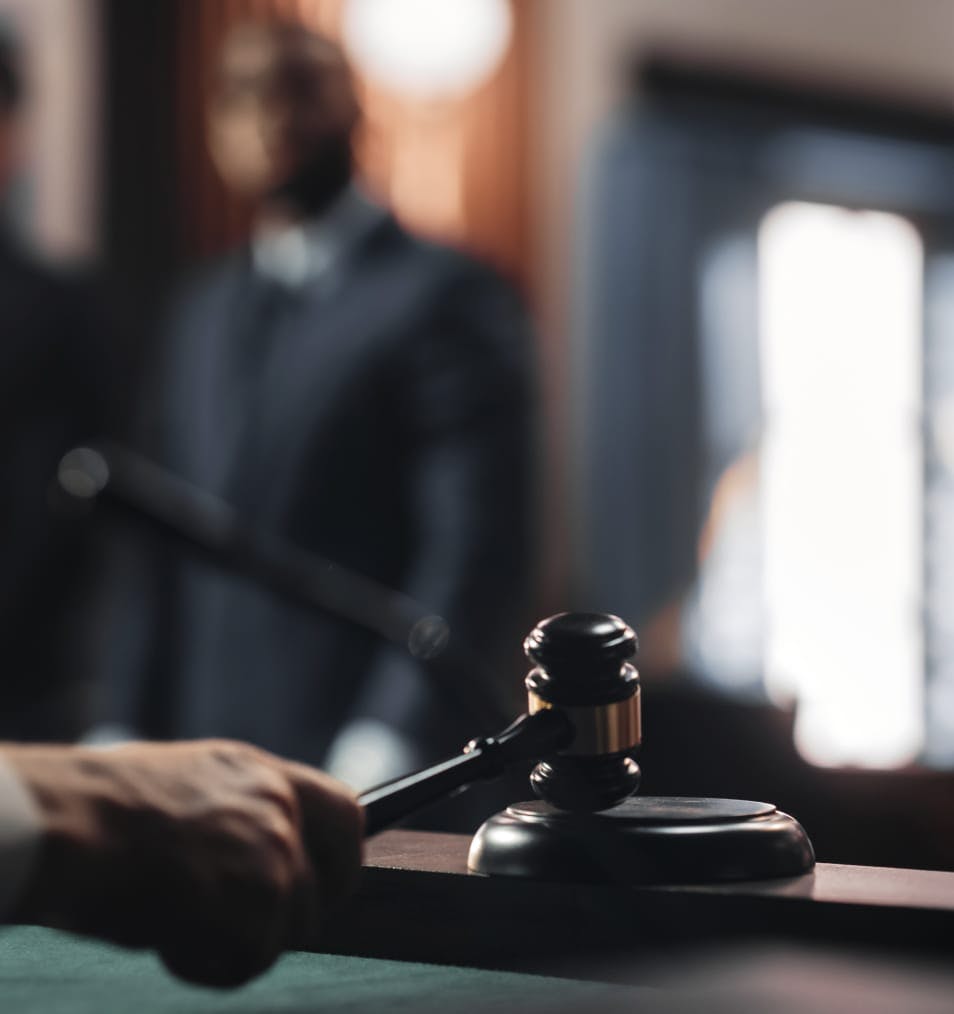Personal Injury Claims in McKinney - Frequently Asked Questions
How do I know if I have a personal injury case?
If you were injured because of someone else’s negligence—such as in a car crash, slip and fall, or workplace incident—you may have a valid personal injury case.
Liability, damages, and causation are the three key elements your attorney will assess. An initial consultation can help you understand whether your situation qualifies.
How long do I have to file a personal injury claim in Texas?
In Texas, you generally have two years from the date of the injury to file a personal injury lawsuit. Missing this deadline could mean forfeiting your right to compensation.
However, there are exceptions depending on the circumstances of your case.
How is fault determined in a personal injury case?
Fault is determined based on evidence such as police reports, medical documentation, witness testimony, photos, and expert analysis.
In Texas, the modified comparative fault rule means your compensation may be reduced if you’re found partially at fault. An experienced attorney will gather and present evidence to support your claim.
How much is my personal injury case worth?
Case value depends on factors including medical bills, lost wages, pain and suffering, and how the injury has affected your quality of life. More serious or long-term injuries typically lead to higher compensation.
A lawyer can provide an estimated range based on prior similar cases and your specific situation.
How do I prove pain and suffering?
Pain and suffering can be shown through medical records, therapy notes, prescriptions, personal journals, and statements from family or coworkers.
These non-economic damages are subjective but critical in many claims. Documentation and consistent treatment are essential to support this claim.









